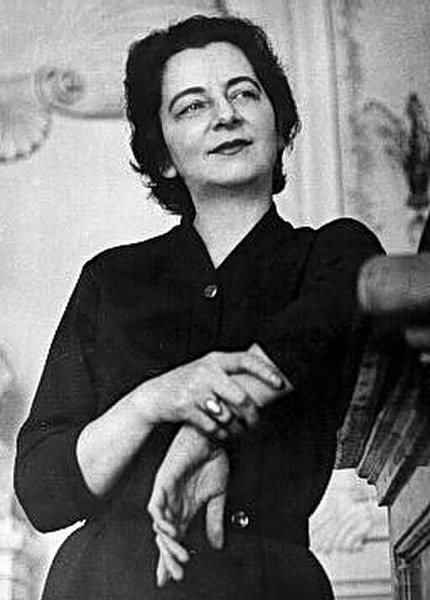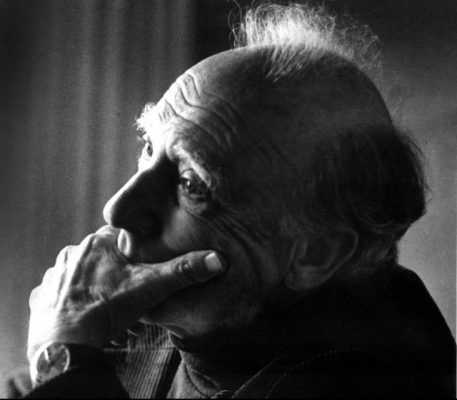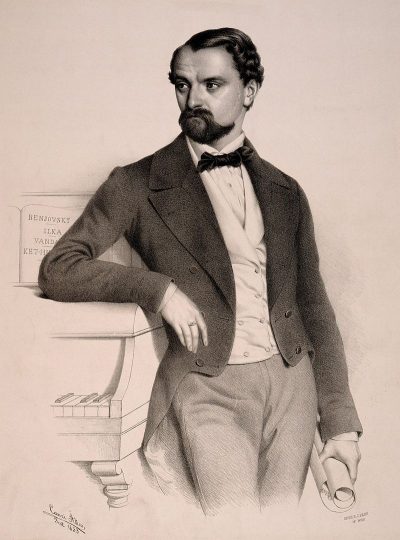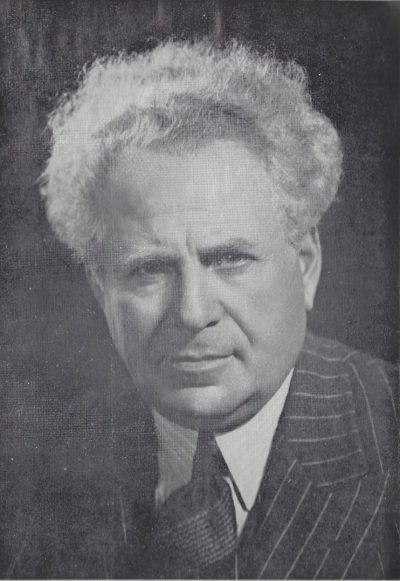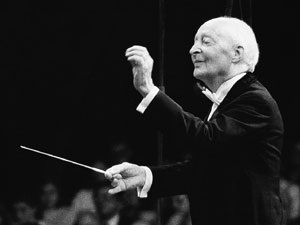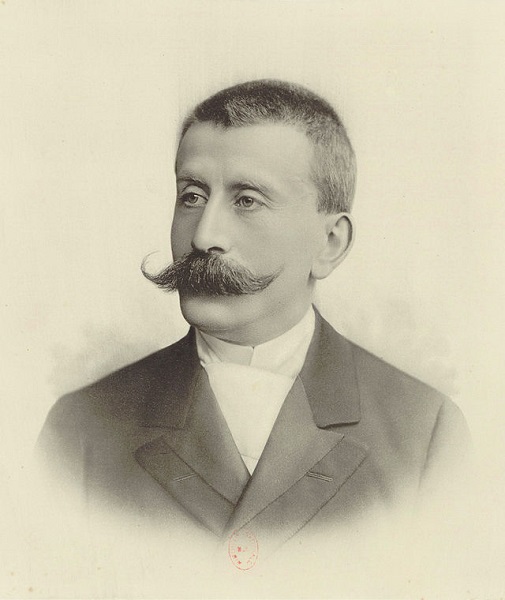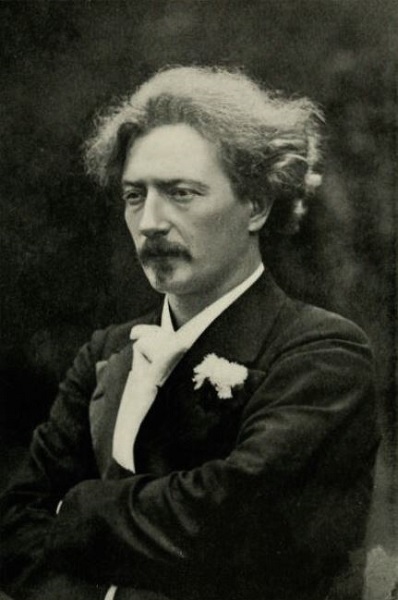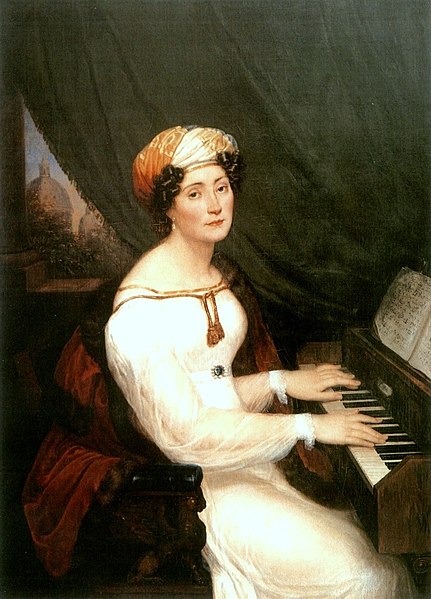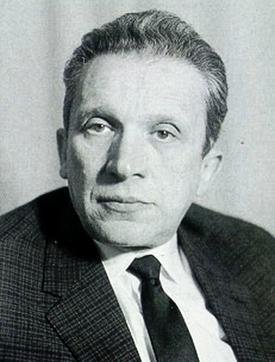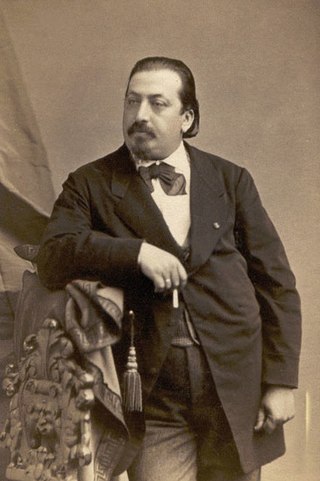Born in Łódź, Feb 5, 1909
Died in Warsaw, Jan 17, 1969
- Grażyna Bacewicz (pronunciation) was a Polish-Lithuanian violinist, pianist, and composer.
- She began composing around age 13 and studied with Nadia Boulanger in Paris in 1932.
- Bacewicz had an interesting professional duality in that she pursued performance and composition on relatively equal terms for much of her career. Bacewicz even premiered many of her own works. However, due to injuries from a car accident in 1954, Bacewicz gave up performing and focused exclusively on composition from then on.
- The bulk of Bacewicz’s compositional output is chamber music, and much of her music is written for strings.
- Fun tie into radio – Bacewicz wrote several pieces for radio broadcast, including a radio opera in 1959 (The Adventure of King Arthur).
“I do not believe in inspiration; for me composing is like sculpting in stone rather than putting on paper the sounds of my imagination.”
Grażyna Bacewicz
- While Bacewicz has always been appreciated in her home country, the composer has remained more obscure in international concert halls.
- Fun fact – In addition to music, Bacewicz also wrote novels and short stories.1
“Bacewicz’s position in Polish postwar music is undeniable: hers was an individual and independent voice; she was more innovative than is generally acknowledged and she carried the torch for the many Polish women composers who followed her example.”
Grove Music Online2
Learn More

